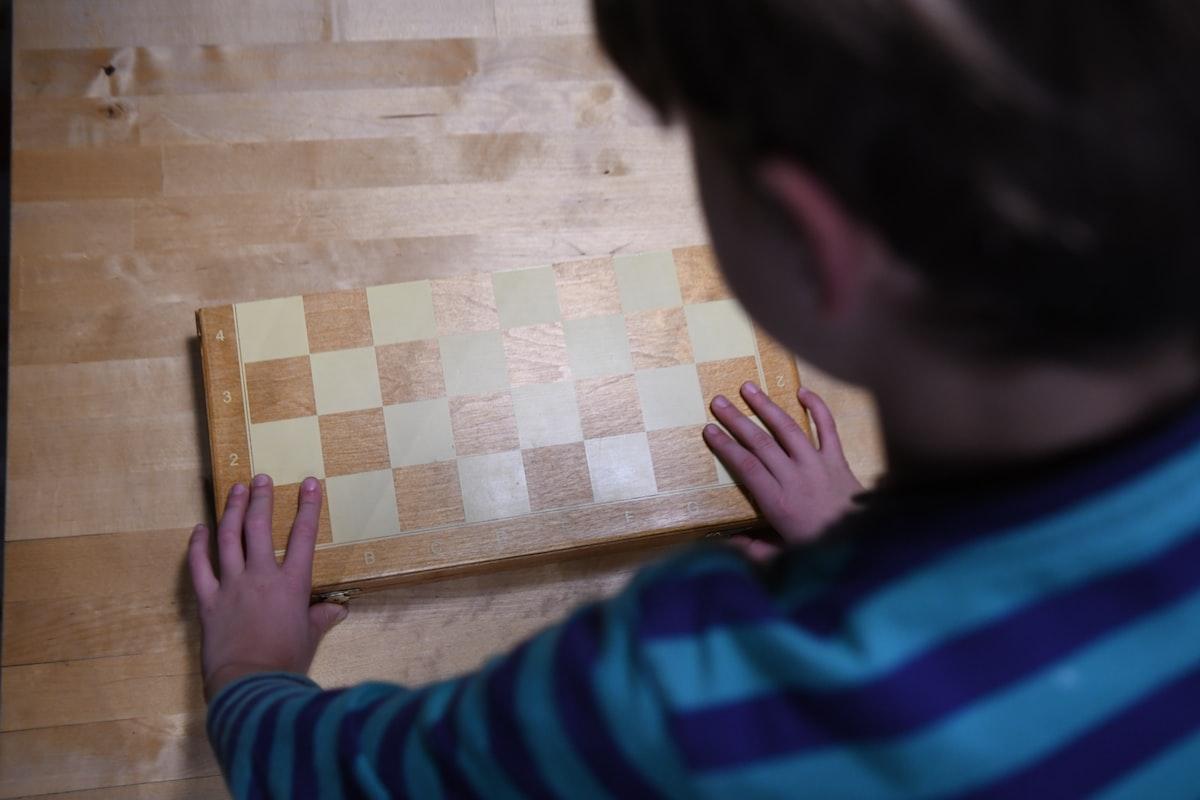Chess openings are an essential aspect of playing a strategic game of chess. Memorizing chess openings not only enables players to make more effective moves but also provides them with a deeper understanding of the game. To become an expert in chess openings, one must be willing to invest time and effort into learning and practicing them. In this article, we will outline five easy steps on how to memorize chess openings effectively. Whether you are a beginner or an advanced player, follow these steps to enhance your game strategy and stand out among your opponents.
Memorizing Chess Openings: Improve Your Strategy

The first step to memorizing chess openings is to understand the fundamentals. Chess openings refer to the first few moves of a game where both players establish their pieces on the board and set their strategies in motion. Familiarizing yourself with different types of chess openings and their strengths and weaknesses is essential. This includes understanding the objectives behind each opening and how they fit into the overall game strategy. With a basic understanding of the fundamentals, it becomes easier to memorize openings and make strategic moves on the board.
Key Principles for Effective Chess Openings

The second step is to learn key opening principles. There are several fundamental principles that apply to almost every opening, such as controlling the center of the board, developing pieces quickly, and protecting your king. These principles serve to guide players in making strategic moves that will set the tone for the rest of the game. Take the time to understand these principles and practice applying them to various openings in your gameplay. With continued practice, you will find that these principles become second nature and will make it easier to memorize new openings. This step is crucial in building a strong foundation and understanding of chess openings.
Mastering Key Principles of Chess Openings
The third step is to use chess software to practice openings. Chess software is an excellent tool for players of all levels to practice and improve their opening game. With the help of software, you can explore and practice different openings, analyze your moves, and identify weaknesses in your gameplay. Some of the top-rated chess software includes ChessBase, Chess.com, and Tactic Trainer. Investing time in using these tools will help you memorize openings more effectively and give you a competitive edge in your gameplay. The key to mastering this step is to use the software regularly and to take note of your progress as you go along.
Step 5: Analyzing Your Chess Games for Improvement
The fourth step to memorizing chess openings is to play chess regularly. Playing regularly helps players to familiarize themselves with different openings and how to react when their opponent makes a move. This step is crucial in improving your gameplay as it allows you to practice the opening principles and strategies learned in the previous steps. Additionally, playing regularly gives you a chance to apply what you have learned in real-life gameplay, which is essential in building confidence and improving your skills. Playing chess online or with friends is an excellent way to practice regularly and improve your gameplay. The more you play, the more openings you will become familiar with, making it easier to memorize and employ them in your gameplay. While this step may require patience and dedication, it’s essential for becoming a chess opening expert.
Regular Play: Enhancing Your Memorization
The fifth step is to analyze your games. Analyzing your gameplay is crucial in identifying your strengths, weaknesses, and the openings you need to work on. It involves reviewing your games move by move, taking note of the mistakes, and learning from them. Analyzing your games also helps you understand how different openings work and how to counter them effectively. This step is crucial in developing your opening repertoire and becoming more confident in your gameplay. Various chess software and resources can help you analyze your games, such as ChessBase, Stockfish, and databases of openings. Take the time to examine your games regularly and learn from your mistakes. With time, you will notice significant improvements in your gameplay, and you will be better equipped to memorize new openings.
Finally, it’s essential to stay motivated and disciplined throughout this process. Memorizing chess openings can be challenging, but it’s a necessary step in becoming a successful player. Practice regularly, set achievable goals, and track your progress to keep yourself motivated. Additionally, keep an open mind, be willing to learn, and seek guidance from experienced players. With these tips and steps, becoming a chess opening expert is an achievable goal that can significantly enhance your gameplay and put you ahead of the competition.
Importance of Game Analysis in Chess
To summarize, memorizing chess openings requires a combination of understanding the fundamentals, learning key opening principles, using chess software to practice, playing regularly, and analyzing your games. With dedicated practice and patience, you can become an expert in different openings and improve your overall chess game. It’s important to stay motivated, disciplined, and open to learning to achieve your goals. Whether you are a beginner or an advanced player, following these steps will help you to develop a strong opening repertoire and enhance your playing abilities. Give yourself time and lots of practice, and you’ll soon begin to see progress and improved performance in your chess gameplay. Remember, mastering chess openings is crucial in gaining a competitive edge and becoming a successful player.
Chess Opening FAQs: Expert Tips
Frequently Asked Questions:
1. Why is memorizing chess openings important?
Memorizing chess openings is essential because it allows you to make more effective moves and develop a deeper understanding of the game. Knowing different openings and their strengths and weaknesses provide you with an advantage over your opponents by setting the tone for the rest of the game.
2. How do I memorize chess openings effectively?
To memorize chess openings effectively, you must first understand the fundamentals of chess openings and learn key opening principles. Using chess software to practice, playing regularly, and analyzing your gameplay are also crucial steps in memorizing openings. Consistent practice and dedication are key to becoming an expert in chess openings.
3. Can beginners memorize chess openings as well?
Yes! Beginners can memorize chess openings with dedication, practice, and patience. Starting with understanding the fundamentals and learning key opening principles is an excellent way to enhance your gameplay and set a foundation for memorizing openings.
4. Do I need to memorize all the chess openings?
No, you don’t need to memorize every chess opening available. Instead, focus on memorizing openings that fit your playing style and complement your game strategies. Knowing a few openings well and consistently practicing them is better than trying to memorize all of them at once.
5. How often should I analyze my games?
Analyzing your games regularly can help you identify your strengths, weaknesses, and the openings you need to work on. You can analyze your games after every match, once a day or week –depending on how often you engage in gameplay. Analyzing your games also helps you understand how different openings work and how to counter them effectively.